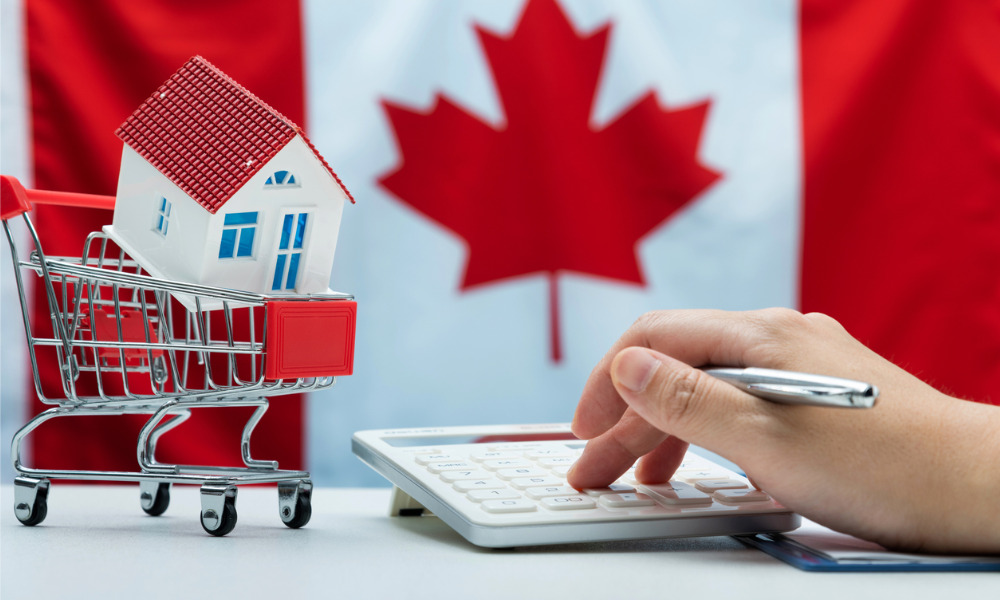Consumer confidence is labouring under economic turmoil and mounting costs

Canadians remain somewhat ambivalent towards the near-future prospects of the economy and the housing market, according to new polling by Bloomberg and Nanos Research.
The Bloomberg-Nanos Canadian Consumer Index registered at 50.93 in the week ending September 22, compared to the 52.03 level four weeks prior. The 12-month high remained at 53.12.
The share of Canadians expecting a stronger national economy in the next half-year remained at a dismal 12.33%, virtually unchanged from the level seen four weeks ago. Half of all respondents (50.33%) are expecting weaker performance in the next six months, while 31.13% believe that the economy will remain stagnant during this period.
On the other hand, the share of Canadians expecting an increase in housing prices in their neighbourhoods over the next half-year stood at 45.12%. Still, this was lower than the 48.06% level registered four weeks prior.
“The Bloomberg Nanos Canadian Confidence Index continues to hover around the 50-point mark suggesting neutral consumer sentiment on the 100-point diffusion scale,” said Nik Nanos of Nanos Research.
RBC Economics study shows Canadian spending slowing due to debt pressures. While spending is steady, early signs of weakness coincide with a slight unemployment rate increase.https://t.co/r5amlMW8vO#mortgagenws #mortgageindustry #householddebt #economy
— Canadian Mortgage Professional Magazine (@CMPmagazine) August 11, 2023
Canadian inflation surges anew
Latest data showed that Canada’s annualized inflation rate stood at 4%, representing the second straight month of greater-than-anticipated growth. This built up on a 3.3% increase in July, Statistics Canada reported.
The acceleration is placing the Bank of Canada in a difficult position, said Andrew Grantham of the Canadian Imperial Bank of Commerce (CIBC).
“While the stall in the economy in Q2 and modest rise in the unemployment rate are indicators that excess demand is diminishing, which should give policy makers comfort that inflation will come down in the future, they will need to balance that against evidence that current inflationary pressures remain stronger than previously anticipated,” Grantham wrote in a client note.



